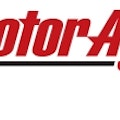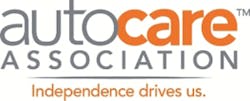Auto Care Association testifies on expanding DMCA repair exemption
In his testimony, Lowe told the U.S. Copyright Office that the expansion of the exemption is necessary because many consumers do not have the knowledge or technological capabilities to perform repair work on their vehicles themselves. Lowe pointed to the need to permit companies with expertise in software development to access embedded software in order to develop and make circumvention and repair solutions available to both servicers and consumers.
“This provides obvious benefits to the market and the public,” said Lowe. “Vehicle repair software will be of consistently high quality and reliability. Additionally, the costs of circumvention and software repair can be spread among the many thousands of servicers that acquire the solution, rather than be shouldered by each individual consumer.”
The Auto Care Association’s petition further called on the U.S. Copyright Office to not exclude access to software on telematics systems from the exemption.
“Currently repairers and consumers are dependent on access to the on-board diagnostic port on vehicles,” said Lowe. “Should manufacturers determine to limit data from that port to only legally-required emissions-related information, car owners and those that provide repairs for them would be forced to depend on the vehicle manufacturers for critical diagnostic information at whatever cost they wanted to charge—unless consumers have access to data for their vehicle directly from embedded telematics systems.”
For more information on the Auto Care Association’s current DMCA and additional government affairs efforts, please contact Aaron Lowe at [email protected] or visit www.autocare.org/government-affairs/.
About the Author

